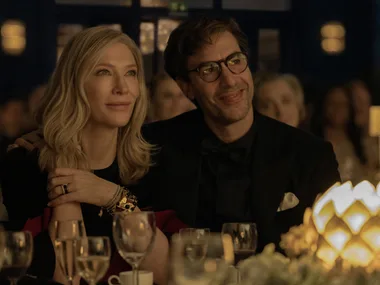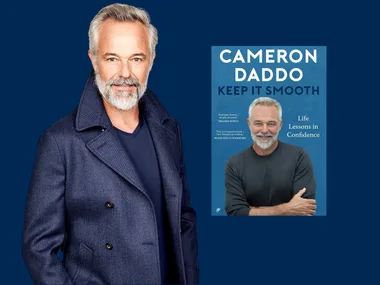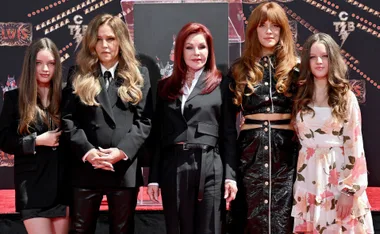Women who are unsure whether their man is faithful are more likely to fake orgasms and engage in “mate-guarding” behaviours in an effort to hold on to their man, a new US study has found.
The research, conducted at the HIV Centre for Clinical and Behavioural Studies at Columbia University, is the first to find a quantitative link between suspicions of infidelity to the likelihood of faking orgasm.
Study researcher Farnaz Kaighobadi said woman often fake orgasms to hold on to their relationship.
“A lot of the time, women are using it just as a tool to strengthen their relationship,” she told LiveScience.
“Sometimes women could be pretending orgasm just to show love and care to their partner.”
Of the woman surveyed for the research about half of the respondents said they had faked an orgasm at some point in their lives.
“One particular reason that emerges from a lot of studies is ‘to keep my partner interested in this relationship,’ or ‘to prevent him from defecting [from] the relationship or ‘leaving the relationship for another woman’,” Kaighobadi said.
In order to see if these feelings were relevant to other woman, Kaighobadi distributed surveys to 453 women, ranging in age from 18 to 46, who had been in relationships for at least six months.
About 54 percent of the women reported they had faked an orgasm at some point in their relationship. The woman who had faked orgasms were found to be more suspicious about their partners’ fidelity than the women who said they hadn’t faked any orgasms.
This group of woman was also actively “mate-guarding” which can mean anything from simply dressing up nicely to impress their partner to keeping tabs of where he goes to telling off other women who look at him.
“It seems that women who were more likely to pretend orgasm were also more likely to do a variety of these behaviours at the same time,” Kaighobadi said.
The researchers didn’t ask how satisfied the women were with their sexual relationships Kaighobadi said, so it was unknown whether faking orgasm is related to lower levels of satisfaction in bed.
Kaighobadi added the survey did not ask woman how satisfied they were with their sexual relationships. However, the research, published in the November issue of the Archives of Sexual Behaviour, could help inform about whether the female orgasm is adaptive; meaning it somehow gives women an evolutionary advantage.
In the past, researchers have argued over whether orgasms help a woman retain sperm from valued partners, and whether having orgasms keeps a male partner interested.
“Only one or two studies provide evidence of whether there is an adaptive function or not,” Kaighobadi said. “We’re not sure, and I think there should be a lot more study.”

















-(1).png?resize=380%2C285)
























.png?resize=380%2C285)














